Treatment Plans
When a Treatment Plan is required
MACC is committed to providing claimants with early access to rehabilitation services post-accident and removing unnecessary barriers or administration involved in gaining access to treatment. For this reason, MACC can support up to four weeks or eight sessions, which ever comes first, of appropriate allied health intervention prior to requiring a Doctors review or provider management plan.
If you consider that further treatment is necessary and reasonable, beyond the 8 initial treatments that can be provided without MAC Scheme approval, you will need to prepare a treatment plan based on clinical reasoning and submit this to MAC for approval before commencing further treatment.
To ensure there is no interruption to ongoing treatment, the plan should be submitted to the claimant's TIO MAC case manager before the initial treatment sessions are finished.
The proposed treatment plan is to be outcome focused and provide information as to how the treatment will help the claimant achieve optimum function and return to capacity. This will give TIO MAC the necessary information to set recovery goals with the claimant for their return to health or to regain capacity for work.
Treatment plans approved by TIO MAC, prior to the delivery of treatment or services confirms that treatment or services will be covered by MAC.
TIO MAC will contact you within 10 working days of receiving the treatment plan to advise whether it has been approved, declined or if the claimant's Case Manager would like to discuss the proposed treatment with you.
Here is a link to download the TIO MAC Treatment Plan template.
Treatment goals
The treatment goals should be centred around achieving sustained return to full capacity and promoting improvements in recovery or independence. These goals should be established through collaborative discussions with the client, ensuring their active involvement in the decision-making process.
Treatment effectiveness measurements
To assess the effectiveness of the treatment, it is essential to regularly measure the progress made towards these goals. This approach allows for a clear demonstration of the treatment's efficacy and its impact on the patient's overall well-being.
Monitoring the effectiveness of treatment by assessing objective outcome measures that accurately determine a claimant's baseline function is necessary. These measures should focus on the claimant's overall health, functional abilities, and their progress towards returning to full capacity. By using such objective criteria, a comprehensive evaluation of the client's treatment progress can be obtained.
Treatment outcomes should be expressed in functional terms as they relate to specific work and daily living task capacities, including increasing tolerance for standing, walking, lifting, sitting, pushing, pulling and carrying.
Claimant's non-attendance for treatment
MAC Scheme participants are required to comply with the approved treatment plans to support their recovery and to negotiate suitable appointment times so that they can attend for treatment or rehabilitation.
Providers should have systems in place to minimise the risk of late cancellations or non-attendance such as telephone or text message appointment reminders.
If a claimant is not following the recommended treatment plan or fails to attend appointments or provide adequate notice to reschedule the appointment on more than two occasions, providers are asked to contact the claimant's TIO MAC case manager.
Early intervention is necessary as failure to attend may be an indication that they do not wish to continue treatment or require other support to help them attend. Non-attendance may result in the claimant's entitlement to ongoing MAC benefits to be reviewed.

